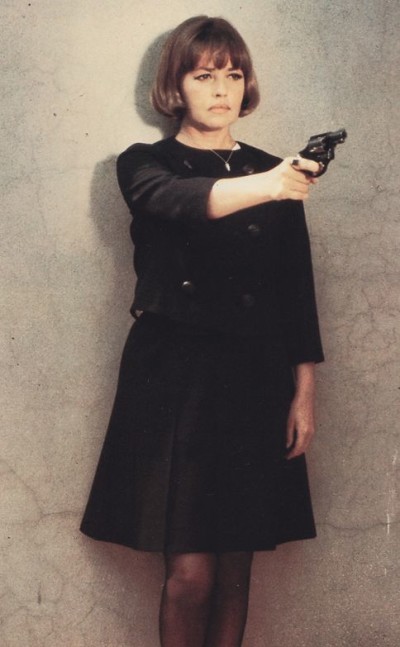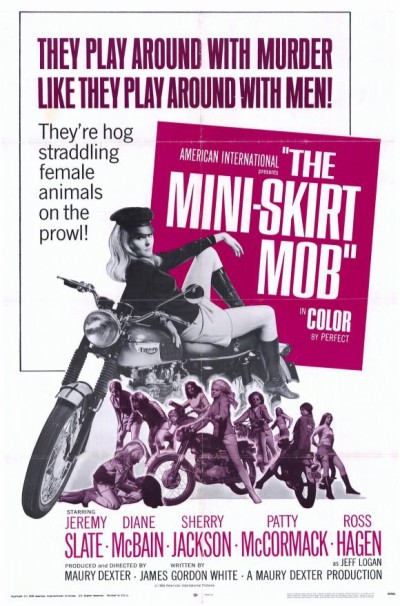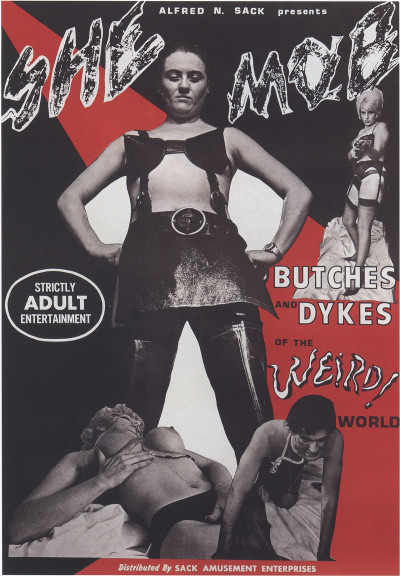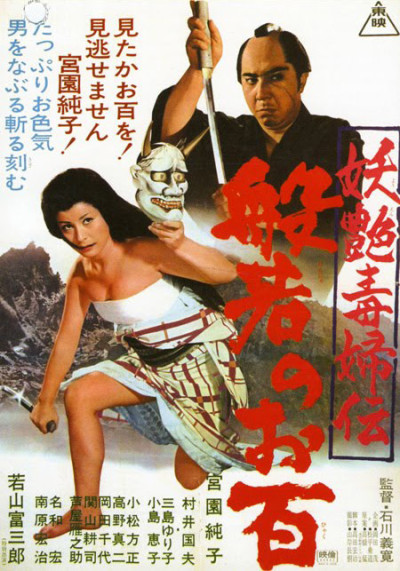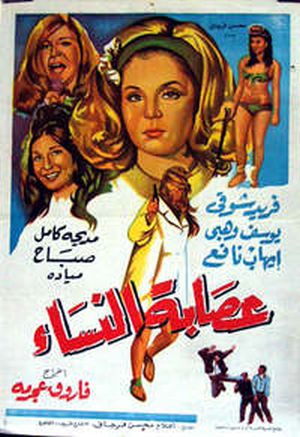★★½
“You only film twice…”
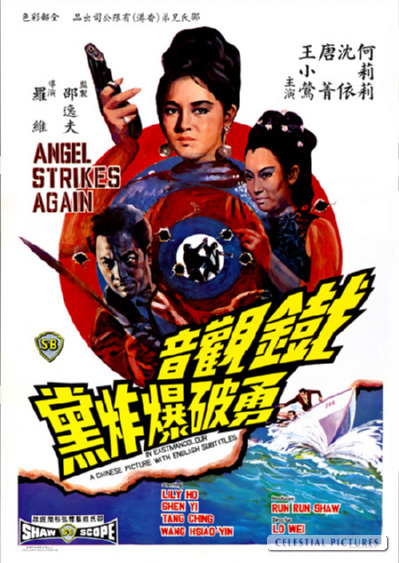 This is a sequel to Angel With The Iron Fists, and again sees Ho playing Agent 009 – though this time, the character is named Ai Si, different from its predecessor. Whatever… Here, she’s on the trail of the unimaginatively named Bomb Gang, who do exactly what you’d expect. They threaten companies, extorting them for large sums of money, and if they don’t pay up… things go boom, courtesy of their new, highly concentrated explosives. It’s led by Xiang Xiang, a.k.a. the Specialist (Shen), who has taken over a nightclub run by her twin sister, to act as a front for the group. Though, as in Fists, the true lair of evil villainy is a delightful excess in unnecessary over-production, resembling a game-show set on acid, with bonus trap-doors.
This is a sequel to Angel With The Iron Fists, and again sees Ho playing Agent 009 – though this time, the character is named Ai Si, different from its predecessor. Whatever… Here, she’s on the trail of the unimaginatively named Bomb Gang, who do exactly what you’d expect. They threaten companies, extorting them for large sums of money, and if they don’t pay up… things go boom, courtesy of their new, highly concentrated explosives. It’s led by Xiang Xiang, a.k.a. the Specialist (Shen), who has taken over a nightclub run by her twin sister, to act as a front for the group. Though, as in Fists, the true lair of evil villainy is a delightful excess in unnecessary over-production, resembling a game-show set on acid, with bonus trap-doors.
Unfortunately, it has much the same weaknesses as its predecessor (and without even the sublime glory of that moment). There’s a good chunk of time where 009 all but vanishes from her own movie, with the spotlight instead being given over to her ally in the investigation, Deng Lei (Tang). There are certainly far too many scenes of people sitting around in night-clubs, or of one set of suits chasing another set of suits around the streets of Hong Kong. Deng ends up captured by Xiang Xiang, who attempts to seduce him into joining the gang, and after he spurns her, Deng is thrown into a cell conveniently next to the twin sister. Fortunately, Ai Si is able to locate the facility, leading to a very Bond-esque climax, in which the forces of law and order storm the complex, resulting in a massive gun-battle. Throw in some gadgetry plus a Barry-esque soundtrack (in some places, actual Barry), and it’s a surprise Eon Productions weren’t consulting their lawyers.
There are some parts here which certainly will stick in memory. The sequence where Deng upstages a strong-man in his night-club act, and is rewarded by having a poisonous spider slapped on his shoulder. Fortunately, Agent 009 is prepared with (I mentioned the gadgets) her incendiary aerosol. And so begins their relationship, albeit at the cost of his jacket being reduced to ashes. Or the bit where Ai Si disguises herself as a man, because… because a bit of cross-dressing seemed required for every Hong Kong action heroine of the late sixties. It’s about as convincing here, as it is everywhere else i.e. not very. Ho’s talents on the action front are little improved from Fists, and leave Tang to take up the slack in this department
The elements here could have been an entertaining pastiche of spy movies – though I am just not certain that was the aim. When you’re unsure how seriously a movie is supposed to be taken, the viewer is likely to be left in cinematic limbo. In the end though, it doesn’t work well enough to be a good imitation of the Bond franchise, and nor is it sufficiently lampooning to be considered a parody of it.
Dir: Lo Wei
Star: Lily Ho, Tang Ching, Shen Yi, Chiang Kuang-Chao





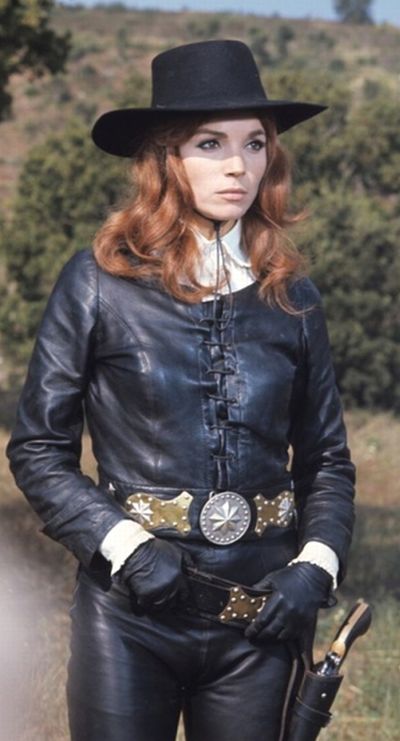 This is virtually unique, in being almost the only spaghetti Western with a female lead, and certainly unique in being the only one
This is virtually unique, in being almost the only spaghetti Western with a female lead, and certainly unique in being the only one 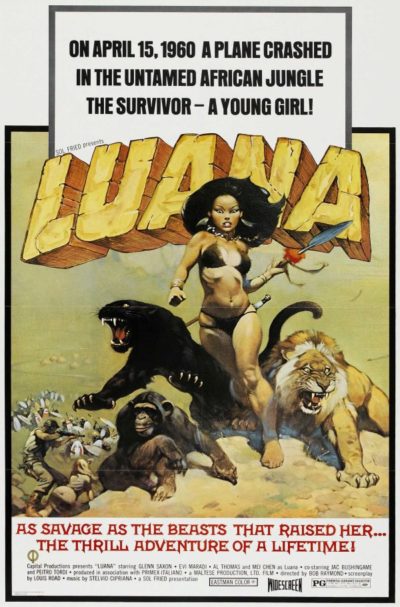 Despite a broad range of
Despite a broad range of 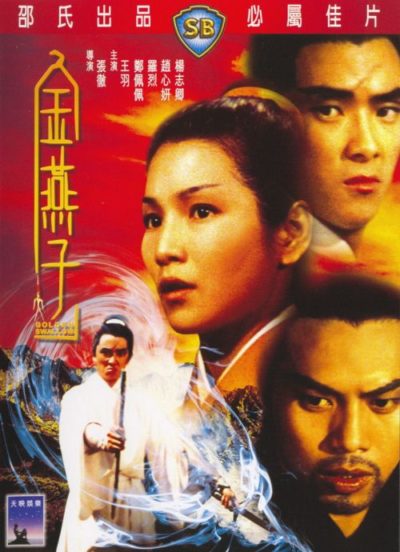 If this seems somewhat familiar, it’s because it is not dissimilar to
If this seems somewhat familiar, it’s because it is not dissimilar to 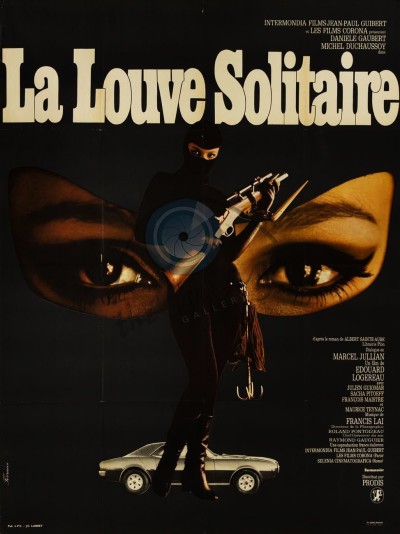
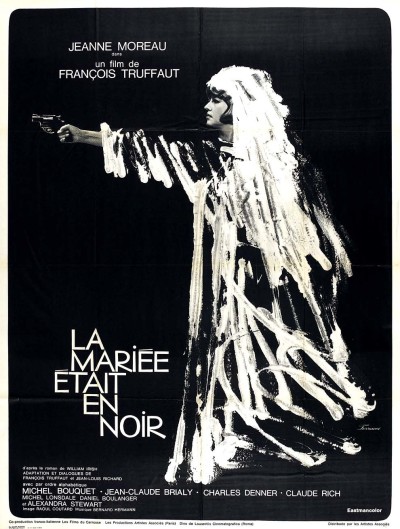
 Undeniably highly influential, this 1968 French film starts with a woman, Julie Kohler (Moreau) trying to commit suicide. Stopped by her mother, she begins her mission: to track down the five men who were, to some extent accidentally, responsible for gunning down her husband, literally outside the church where they had just got married. She jets around the country, taking care of them, and crossing their names off a list in her notebook. Sound familiar at all? Yes, this is another one of the sources which Quentin Tarantino
Undeniably highly influential, this 1968 French film starts with a woman, Julie Kohler (Moreau) trying to commit suicide. Stopped by her mother, she begins her mission: to track down the five men who were, to some extent accidentally, responsible for gunning down her husband, literally outside the church where they had just got married. She jets around the country, taking care of them, and crossing their names off a list in her notebook. Sound familiar at all? Yes, this is another one of the sources which Quentin Tarantino 